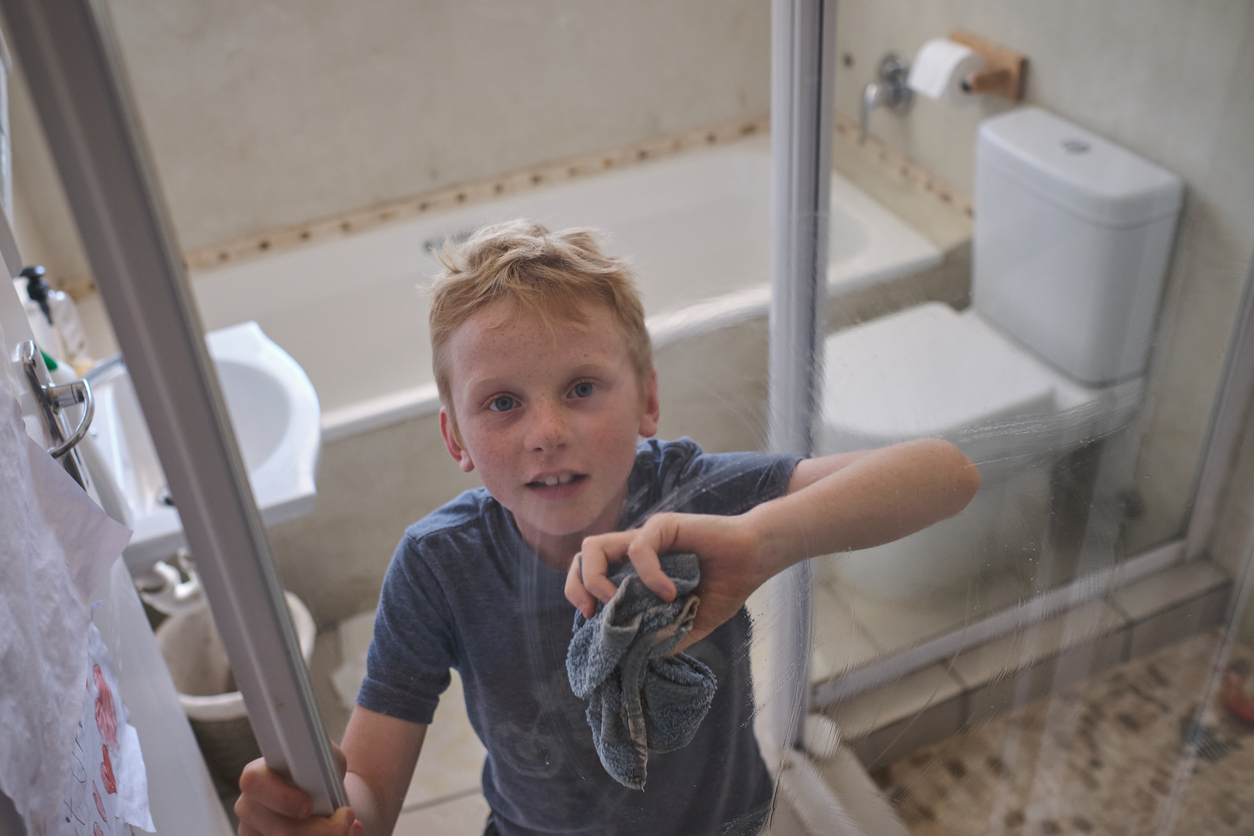When we started sleep training our daughter, I sleepily said, “Let me go grab her—just this once,” as she cried from her crib. I’ll never forget my husband’s immediate reaction, and it’s something we’ve repeated many times since those early days of parenting: “You’ve never trained a hornbill.”
That could’ve gone without saying, as I barely even knew what a hornbill was. My husband has a degree in zoology, and he went on to explain how he accidentally trained a hornbill to walk circles around him because he reinforced the wrong behavior—one time. He had been honing the craft of caring for animals for eight years before our first child was born. Who knew those years spent bottle-feeding baby birds, kangaroos, and sloths and training flamingos, armadillos, and elephants would be so useful in parenting?
The hornbill story illustrated his point that consistency is everything in training. If I grabbed our daughter, even “just once,” it would’ve made the sleep training process much harder. As it turns out, my husband’s experiences as a zookeeper shaped my parenting skills in 4 other helpful ways.
Setting Expectations
Can you imagine sticking your arm into the mouth of a chest-beating gorilla? It’s a no for me, but that’s exactly what happens during a dental exam at the zoo. The wellness check can only be completed when gorillas hold their mouths fully open for a sustained amount of time. That’s the established and trained expectation, and it’s the only way the keepers will proceed with the exam.
At home, it’s helpful to set expectations proactively. Perhaps your kids know they don’t get dessert unless they finish their entire meal. Screens are off until homework is finished, and dirty clothes have a home—which isn’t the middle of the living room floor. If you’re inconsistent with expectations, kids will be inconsistent with their behavior.
If you’re inconsistent with expectations, kids will be inconsistent with their behavior. Click To TweetCreating Achievable Goals
My husband used this strategy while training vultures to fly from point A to point B. The vultures initially learned how to fly from point A to a perch (first goal) and then from the perch to point B (end goal). After mastering the baby steps, the vultures knew how to go from A to B without the stop in the middle.
When we wanted our kids to start helping with laundry, we began by having them put away all of their folded clothes. Then they started folding the clothes that had been washed for them, and the final stage was teaching them how to work the washer and dryer so they could complete the process from start to finish. Creating achievable goals is a good strategy for household chores such as dishes, mowing the lawn, and cleaning the bathroom.
Positive Reinforcement
Giving a meatball to a tiger after it shifts from its bedroom to its habitat (when asked to do so) is different than just putting a meatball on the habitat and baiting the tiger to a reward. Rather than bribing a dog with a treat, or telling your son you’ll give him candy if he’s quiet in church, positive reinforcement is the “reward” that comes after a job well done or task accomplished.
After going on the boat, my daughter carried all the lifejackets to the shed without being asked. My husband and I both noticed her willingness to help, and he reinforced her behavior by giving her the last piece of licorice and I gave her words of affirmation. Our daughter always helps with the boat cleanup now because the long-term impact of positive reinforcement makes a behavior more likely to occur again in the future.
Redirection
Alligators tend to squabble at feeding time, so they get redirected to solitary areas to ensure they don’t get fed or reinforced while doing something they’re not supposed to be doing. To ensure momentum and success, go back to something you know they (animal or child) will correctly do.
If your kids are restless in the car or doctor’s waiting room, play a game of I Spy or 20 questions to redirect their behavior. Pack a bag of tricks for restaurants and airplanes. Redirection is a quick way to get behavior back on track before you feel like you’re living in a zoo.
Which parenting skill is the most challenging for you?










